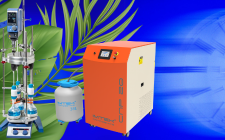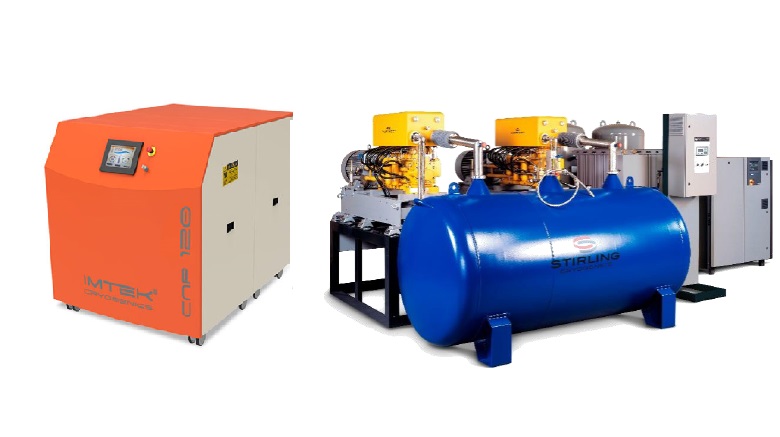
The RSC Sustainable Laboratories Grant has been developed to accelerate the chemical sciences community’s journey to environmentally sustainable research and innovation. Grants are available up to a maximum of £10,000.
As working sustainably in the laboratory is one of Asynt’s core directives, we are excited to share the following information on these RSC grants which open on 2 September 2024, and close on 7 October 2024 at 2pm.
What funding is available for
Funding is available for initiatives and activities that achieve one or more of the following aims:
- Advance understanding of environmentally sustainable laboratory practice
- Increase the take-up of environmentally sustainable laboratory practices in the chemical sciences
- Facilitate sharing of best practices
Register your interest
If you’d like to register your interest in the RSC Sustainable Laboratories Grant prior to the opening date, there is a simple form available via the RSC website. CLICK HERE.
What can I apply for?
This breakthrough scheme is open to a wide range of projects, initiatives and activities provided that they meet the scheme aims.
This could be research projects, data collection, pilot studies, seed funding towards larger projects, resource development, or activities to support networking, community development and sharing of best practice. The RSC also welcomes creative ideas that address their aims so what come to your mind?
The grant info pages state that:
“Projects and their outcomes should relate to or have impact on chemical sciences research, and must also benefit the wider community beyond the grant recipient. Project ideas involving collaboration within and beyond chemistry are also welcome.”
What kind of projects were funded in the first round of these sustainability grants?
The projects selected represent a broad range of sustainability topics across the whole chemistry field. There are greener analytical techniques to means to reduce plastic waste. All of the funded projects are expected to inspire and inform others within the community with ideas and guidance on how to improve the environmental footprint of their own labs.
It’s great to see that the project teams encompass leaders and members in a wide range of roles and career stages, including technicians and PhD students.
You can find full information about all these projects via the event site HERE.
What would you do with an RSC Sustainable Laboratories Grant of up to £10,000? And what can you achieve without it?
There are a huge number of changes you can make in the lab to work more sustainably. Some of those changes are small but have a huge impact.
 Report: Implementation of Sustainable Laboratory Equipment in Undergraduate Chemistry Teaching Laboratories. University of Liverpool
Report: Implementation of Sustainable Laboratory Equipment in Undergraduate Chemistry Teaching Laboratories. University of Liverpool
If you consider switching out water condensers for air condensers, for example, you could save thousands of litres of water and the payback time is short. Users report that results are strong, and there is no fluctuation due to water pressure (and no laboratory flooding either, of course!).
We’re happy to help with your grant application so talk to us!
If you’ve a project for which you’re keen to submit an RSC Sustainable Laboratories Grant application, you are very welcome to discuss it with our technical team who can advise you on appropriate apparatus and associated costs. With a wide range of turnkey and bespoke sustainable lab solutions in the Asynt portfolio and an even wider range of knowledge, skill and experience in our team, we’re here to help.
Saving money and water:
The average rate of water used in a condenser is 2 litres per minute; this rate was confirmed by a major UK research institution as the average measured use per water condenser in their facility. The water costs used below are at £1.50 per cubic metre supply and £1.60 per cubic metre waste which is equivalent to 0.31p per litre. This commercial rate cost is from a water supplier here in the UK, Anglian Water (Wave) in March 2022.

These figures represent just ONE water-cooled condenser.
How many are used in your lab? Maybe it’s time to make the move to air condensers? You can read a great range of impartial evaluations from other chemists who’ve made that transition already and never looked back… Click the image to find out what they have to say!










